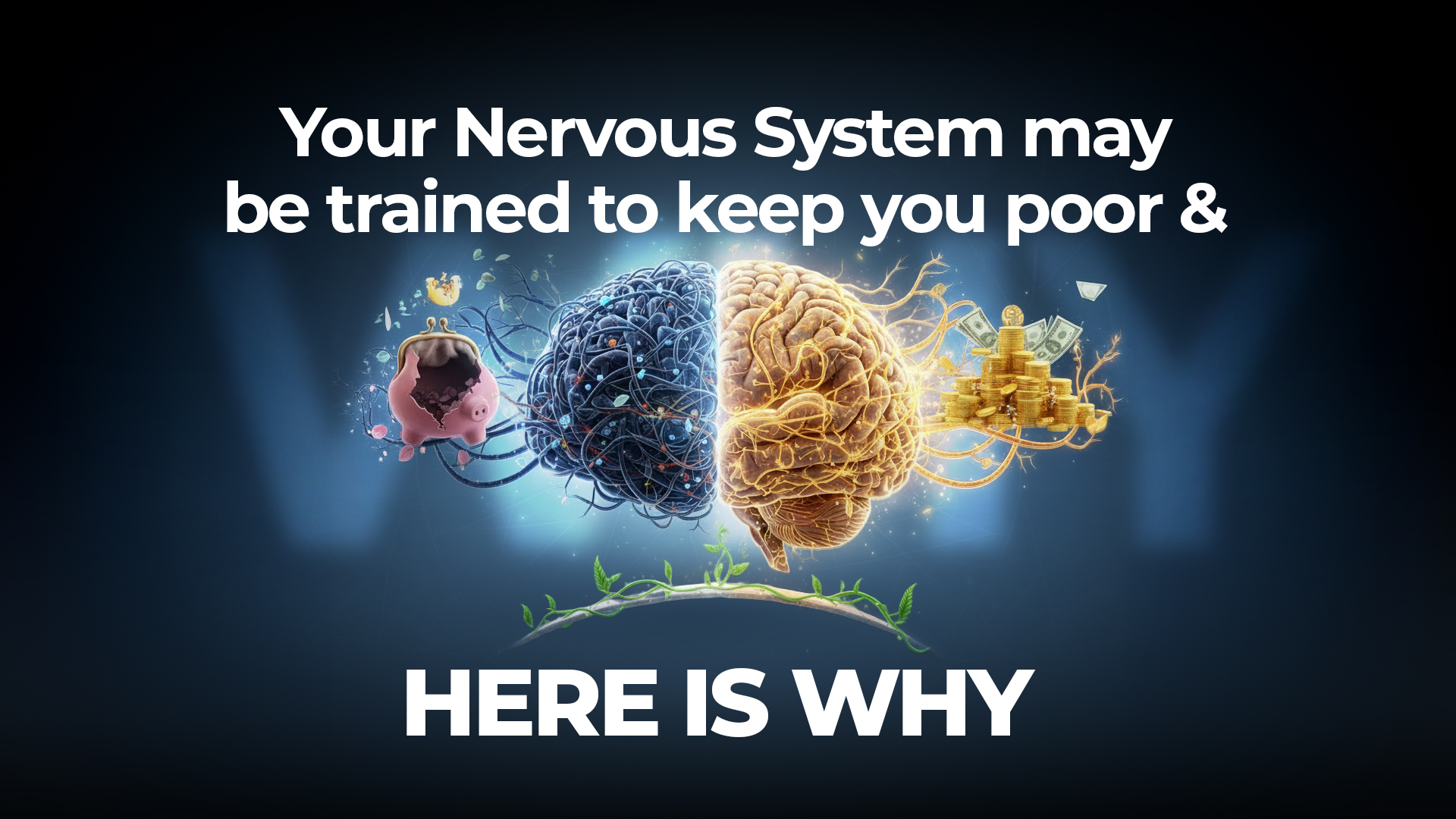How smart are you really? And what does that even mean?
Most people associate IQ scores with a fixed number that determines how capable they are. But intelligence is more nuanced than a single test result. Understanding how IQ is measured, what the average scores are by age, and what they say (and don’t say) about you can help you use that information more practically in your daily life.
In this guide, we’ll break down the facts without the fluff and show you how to make better use of your mind, no matter your age.
What Does an IQ Score Actually Tell You?
IQ stands for Intelligence Quotient. It’s a standardized score designed to reflect your reasoning ability compared to others in your age group. Tests like the WAIS (Wechsler Adult Intelligence Scale) or Stanford-Binet assess how well you grasp logic, language, memory, and problem-solving.
These scores are designed around a bell curve:
- The average score is 100.
- 68% of people fall between 85 and 115.
- Only 2.5% score above 130.
- Scores below 70 may suggest cognitive challenges.
But before you let that number define you, remember: IQ is one measure. It’s not the only one that matters.
Do IQ Scores Change as You Age?
Here’s where things get interesting. The number on your IQ test might stay the same, but what goes into that number doesn’t. IQ tests are adjusted by age, which means a 10-year-old and a 50-year-old can both score 100. They’re each performing at the average level for their age group, but they’re not doing it in the same way.
As you age, different kinds of mental strengths rise or dip. Let’s break it down:
Fluid Intelligence
This is your ability to think on your feet. It’s about solving unfamiliar problems, spotting patterns quickly, and using logic without relying on what you already know. This kind of intelligence peaks when you’re younger, typically in your 20s and 30s, when your brain’s processing speed is at its fastest.
Think of it as your mental reflexes. Quick, sharp, adaptable.
Crystallized Intelligence
This is the part of your intelligence that grows as you gain more life experience. It includes vocabulary, general knowledge, and the skills you’ve picked up over the years. Unlike fluid intelligence, this one often keeps building as you get older.
Many people find that they’re much better at things like understanding complex ideas or giving sound advice in their 50s and 60s than they were in their 20s, even if they’ve slowed down a bit in speed.
So while your raw processing may decline over time, your wisdom and depth of understanding continue to expand. That’s a different kind of intelligence and just as important.
Average IQ by Age: What’s Typical?
IQ scores are standardized, so they don’t swing wildly across age groups. But certain cognitive strengths tend to dominate at different stages.
| Age Group | Key Strengths | What It Means for IQ |
|---|---|---|
| 6–12 years | Learning, memory, basic reasoning | IQ developing toward 100 |
| 13–19 years | Abstract thinking, problem-solving | Scores stabilize |
| 20s–30s | Speed, logic, innovation | Fluid intelligence peaks |
| 40s–60s | Language, insight, knowledge | Crystallized peaks |
| 70+ | Perspective, slower recall | Minor decline possible |
Bottom line? Your brain changes, but it’s always capable of learning.
What Affects Your IQ?
IQ doesn’t exist in a vacuum. A variety of factors influence how well you perform on these tests.
Here’s what makes a difference:
- Genetics: Plays a major role, but isn’t the whole story
- Nutrition: Especially critical during childhood development
- Education: Quality and consistency boost outcomes
- Mental Health: Anxiety, depression, and stress can lower scores
- Sleep and Lifestyle: Fatigue and chronic stress impact performance
IQ can reflect potential, but context matters.
Can You Improve Your IQ?
You might not change your base score much, but you can sharpen the skills that IQ tests measure. And that’s what counts in real life.
Try these:
- Read regularly: Mix fiction, nonfiction, and scientific articles
- Play with puzzles and strategy games: Keep your logic circuits active
- Learn something new: Languages, instruments, and coding; all stimulate the brain
- Meditate: Boost focus and emotional regulation
- Exercise: Aerobic activity supports brain health
- Sleep: Rest is non-negotiable for cognition
Books That Expand How You Think
- Thinking, Fast and Slow by Daniel Kahneman
- The Brain That Changes Itself by Norman Doidge
- Emotional Intelligence by Daniel Goleman
- The Mismeasure of Man by Stephen Jay Gould
These books offer insight into how your mind works and how to use it better.
IQ Is Not the Whole Picture
You are more than your ability to solve a logic puzzle or repeat a pattern. IQ doesn’t measure creativity, empathy, intuition, or resilience, all of which are vital for success and fulfillment.
- People with average IQs can build powerful businesses or lead communities.
- High IQ individuals may still struggle without emotional intelligence or motivation.
So while IQ gives a glimpse into your mental toolkit, it doesn’t capture how you use it.
How Gateway of Healing Can Help Sharpen Your Mental Edge
Your mental clarity, emotional health, and energy are all connected. If you want to perform better, not just on paper but in everyday life, consider these supportive services:
- Life Coaching: Set focused goals and improve decision-making
- Power of Infinity Coaching: Align your mind and actions for greater clarity
- Chakra Balancing: Clear energetic blocks that disrupt focus or emotional balance
- Meditation & Mindfulness: Train your brain to stay present and alert
- Energy Detoxification: Release fatigue and restore mental clarity
These aren’t just spiritual tools. They’re practical ways to work with how your brain and body interact.
How Do You Stack Up?
Whether you’re curious about your score or aiming to improve your mental sharpness, remember: intelligence isn’t static. You can always learn, grow, and think more clearly.
If you’re ready to strengthen your cognitive and emotional health, Gateway of Healing offers tools rooted in both science and holistic practice.
Explore what fits your goals at Gateway of Healing.
Frequently Asked Questions
1. Is 100 a good IQ score?
Yes. It’s exactly average. Most people fall between 85 and 115.
2. Can brain training boost my IQ?
You can improve memory, focus, and processing speed, which improves real-world intelligence.
3. How often should I take an IQ test?
Not often. Every few years, or when required for assessment or eligibility.
4. What qualifies as a high IQ?
130 or above is typically considered high and may qualify for gifted programs.
5. Does a lower score mean I’m less capable?
No. It may reflect test conditions or specific challenges. Intelligence is broad, and no test covers it all.
6. Can life coaching help with cognitive goals?
Yes. Especially if you’re working on focus, clarity, or emotional resilience.
Reach Dr. Chandni’s support team at +918800006786 and book an appointment.


































